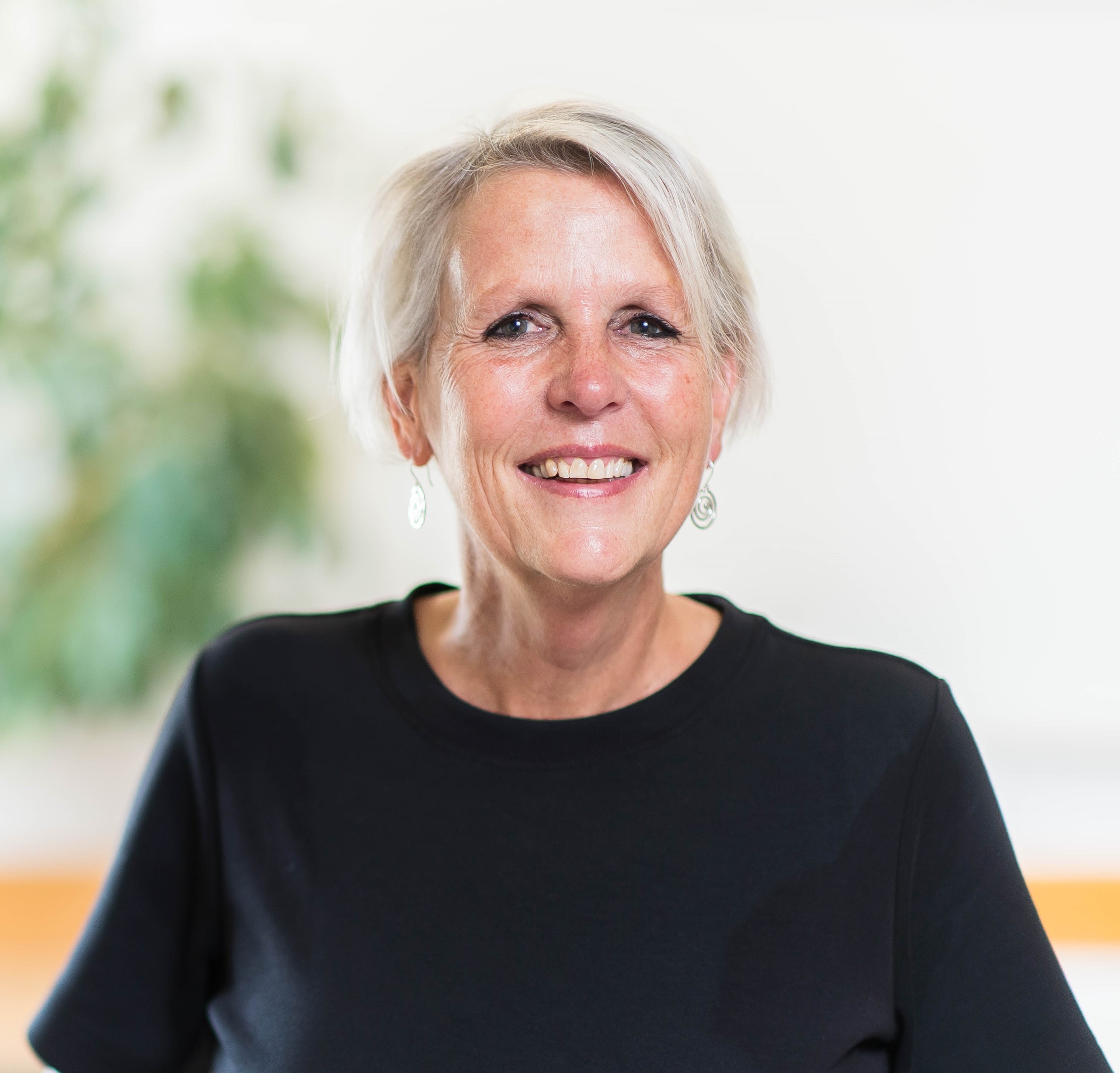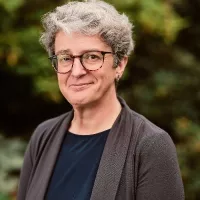In June 2025, the inaugural cohort of the UBC Knowledge Exchange Unit’s Knowledge Exchange and Mobilization (KxM) Scholar program completed their term. When we announced this pilot in November 2022, we envisioned a bold initiative: to build capacity and culture around KxM across disciplines and strengthen UBC’s position as a leader in this field. Designed to support faculty in research and educational leadership professoriate streams, the KxM Scholars Program offered targeted support to champion institution-wide knowledge exchange. The aim: to embed KxM more deeply into Faculties and Schools and ultimately, into the fabric of UBC’s research culture.
The program launched in 2023 with the announcement of the first cohort of Scholars — based in the Schools of Nursing and Social Work and the Faculty of Education at UBC Vancouver, and the Faculty of Health and Social Development at UBC Okanagan. The pilot was a catalyst to formalize and elevate KxM practice and scholarship at UBC, while demonstrating how sustained investment in academic leadership can drive interdisciplinary collaboration and community impact.
The Inaugural Cohort:
By fostering a culture that values and prioritizes meaningfully engaged and effective knowledge exchange and mobilization, our Scholars aimed to accelerate UBC’s ability to generate impactful research and facilitate its application for the benefit of society. As the program concludes, we invited the Scholars to reflect on their experiences and share feedback and recommendations on the program’s outcomes and future direction.
Scholar Activities
Over a two-year period, Scholars were provided financial and institutional support to:
- engage in a community of practice with other KxM Scholars for support and collaboration;
- implement KxM activities including workshops, small group learning events, or creating Faculty/School-wide communities of practice;
- provide peer-mentorship to up-and-coming KxM leaders; and
- participate in and complete several UBC Kx courses.
In addition, Scholars conducted needs assessments — including surveys and focus groups within their Faculties — to better understand the barriers and opportunities for advancing KxM at UBC. Together, they are co-authoring a manuscript that reflects on institutional needs and offers recommendations to better support KxM as an integrated and valued part of academic work.
Scholars' Experience
Overall, the program was described as transformative — a critical intervention that enhanced their ability to pursue innovative, community-engaged, and interdisciplinary work with confidence and institutional backing.
What's Next?
In the wake of the pilot program’s success, the Knowledge Exchange team is exploring ways to advance the program and how to scale it broadly in order to serve all faculty engaged in KxM across UBCs Vancouver and Okanagan campuses. We are reflecting on: how to maintain the elements of Kx scholarship (not just practice) in this program; how to ensure inclusion of diverse scholarship and disciplines; how to maximize the benefits of cross-disciplinary cohorts without losing the benefits of disciplinary alignments in the way we think about and do Kx; and how to best use this program to recognize and uplift the work of faculty engaged in KxM scholarship and practice.
Over the coming months, we will be reaching out to faculty and staff across UBC to gather ideas and wisdom about the future of the KxM Scholars Program. If you would like to join the conversation, please reach out, we would love to hear from you!



